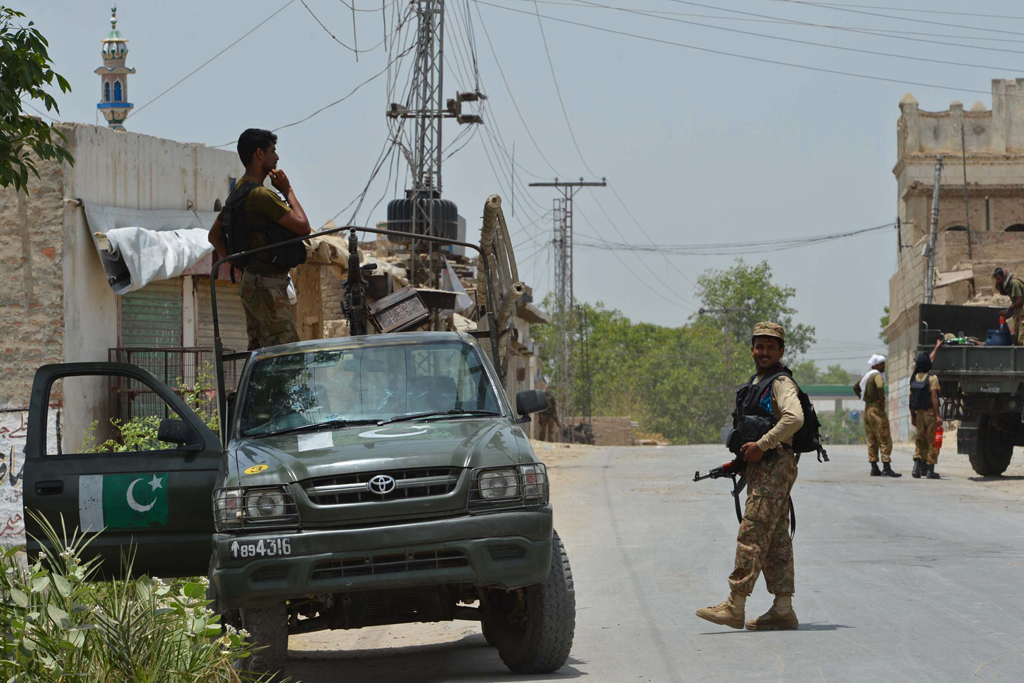
Many of us in the media have either perfunctory knowledge of a subject or then have been sick and tired of the baggage of history. And yet our imagination and news cycles are geared to take positions. One minute a news story arrives the usual question is not what we know and/or how to enhance our knowledge but how do we feel about it. Because of this premature positioning we unconsciously become a vessel of further polarisation.
As confirmation bias sets in, our positions are hardened enveloped by emotions and we start identifying with a flank of a divided media and an equally divided society. The consequences can be disastrous. So, do us a favour and suspend your tribal allegiances for the length of this piece. I promise I will not try to take an undue advantage of this.
Recently when the picture of a black hole emerged it reminded many of us of what happens to planets, stars or gaseous clouds within its range. They lose structural integrity and bit by bit are devoured by the never-ending appetite of the monster next door.
Now try to use this as a metaphor for states. And I ask you not to start at home. Look elsewhere for an example. Let us look at relatively smaller founding members of the South Asian Association for Regional Cooperation (Saarc), Bangladesh, Bhutan, the Maldives, Nepal and Sri Lanka. Nepal and Sri Lanka have endured some of the worst political tumults of their existence.
Bhutan and the Maldives are often treated as mere proxies. And while Bangladesh’s economy is prospering, its society has been polarised so badly owing to the crass policies of its ruler it might explode any time. Any common threat? A country by the name of India sits next door and its intelligence often does victory lap for their plight. India’s ambitions might have imploded creating a giant black hole of an unending appetite for victory in realpolitik that keeps harming the neighbours.
I can go on postulating what India might be doing or let the masters talk. In Ajit Doval as India’s National Security Adviser we have a remarkable resource that so generously keeps giving. Only months before assuming the office, the then retired spy chief went to Sastra University on February 21, 2014 to deliver Nani Palkhivala Memorial Lecture and gave pretty much the blueprint of his impending government’s policy on Pakistan and other neighbours. I quote.
“How do we tackle Pakistan? I talked about their having the nuclear threshold, having their strategic weapons systems, missiles, their friendly partnership with China, having a long border between China and Pakistan. How do we tackle with it? You know we engage an enemy in three modes.
One is the defensive mode, that is all the chowkidars and chaprassies outside, that if someone comes in we will prevent him, we will defend this. One is defensive offense. That to defend ourselves we will go to the place from where the offense is coming. The third is the offensive mode. Where you go outright. Nuclear threshold is a difficulty in the offensive mode. But not in the defensive offense. While we are working today only in the defensive mode.
Now when we come into the defensive offense then we start working on the internal vulnerabilities of Pakistan. It can be economic, it can be internal security, it can be political, it can be their isolation internationally, it can be exposing their terrorist activities, or it can be anything. It can be defeating their policies in Afghanistan, making it difficult for them to manage internal political balance or security. I am not going into those details.
But when you change the engagement from the defensive mode, because in defensive mode you throw hundred stones at me, I stop ninety, still ten hurt me and I can never win, because either I lose or there is a stalemate, you start war at your time, you throw stones when you want, you have peace when you want, you have talks when you want, when in defensive offense we see where the balance of the equilibrium is.
Pakistan’s vulnerability is many, many times higher than that of India. Once they know that India has shifted its gear from the defensive mode to the defensive offense, they will find it is unaffordable for them. You can do one Mumbai, you may lose Balochistan…. If you know the tricks, we know them better than you”.
Sorry for this lengthy quotation but while this video is available in the public domain, we have developed a blind spot for it. To access it all you have to do is search Ajit Doval and defensive offense on any video site and it rushes in, in granular detail.
Let us have a quick recap of key words. Defensive offence. Working on the internal vulnerabilities. Economic. Internal security. International isolation. Making it difficult to manage internal political balance or security. See where balance of equilibrium is.
Now look at the implications. One, when you watch the entire lecture you realise that he is reading from the playbook that he has learned from, not something he has invented. He is only doubling down on the old recipe. Exploiting the old fault lines. Like they did in 1971. Second, somewhere in the video he also mentions that he spent seven years undercover in Pakistan.
It means if he stayed here, took the worst image of the country back home and planted a few seeds of disquiet they must be tall trees by now. And he is not the only one. Notice how until 2014 things were relatively quieter on the home front and then we witnessed the worst polarisation, strange angst and tension to a breaking point.
From the USSR we know it takes only a few dozen people to bring down a nation. And this is where hybrid warfare comes handy. Because of technology you don’t even need people on ground. All you need is an eye for fault lines and add fuel to fire. Despite seeing the blueprint in plain sight we have constantly walked right into the traps. And as the BJP government counts its final days and is in pain this angst will increase.
So what can we do in response? I call it the fourth kind, the offense defense. Get popcorns, sit back. Ensure the enemy doesn’t get to you and let your state weed out the dead wood through counter intelligence. Happy fighting.
Published in The Express Tribune, April 20th, 2019.
Like Opinion & Editorial on Facebook, follow @ETOpEd on Twitter to receive all updates on all our daily pieces.













COMMENTS (1)
Comments are moderated and generally will be posted if they are on-topic and not abusive.
For more information, please see our Comments FAQ